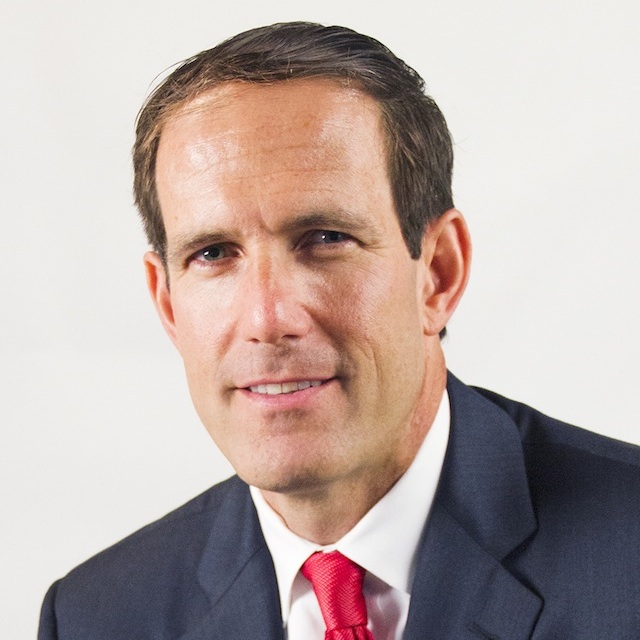BBG Watch Commentary

Matt Armstrong, who serves as a Governor on the Broadcasting Board of Governors (BBG) since August 2013 and chairs a special Board committee examining the purpose and future of VOA, has published an analysis of Russia’s propaganda efforts. The commentary appeared in the War on the Rocks blog, a platform for analysis and commentary on foreign policy and national security issues. The blog’s writers include former U.S. diplomats, military officers, intelligence professionals, and scholars.
In his well-witten article, Armstrong offers one of the best recent reviews of what makes Putin’s propaganda successful, as well as suggestions on how the United States should counter it.
Unfortunately, Armstrong does not address the most critical issue: the current systemic and managerial dysfunction within the Broadcasting Board of Governors, especially within the Voice of America (VOA) and the International Broadcasting Bureau (IBB).
We are told that privately, however, he and other BBG members, often express their profound dissatisfaction and frustration with senior VOA management and the government bureaucracy that runs U.S. international media outreach. They should therefore do something about it, and do it fast. Armstrong shows that Kremlin’s propaganda represents a serious challenge for the United States. It should be treated by the BBG as such.
BBG members, current and former, have been unable to reform the agency, but at the same time, some of the current members are not entirely happy with the bipartisan H.R. 4490 reform bill, which awaits action in the U.S. Senate after its passage by the U.S. House of Representatives. The legislation would turn the BBG into an advisory board. In his article, Armstrong does not comment on the bill, but his comments on the importance of Radio Free Europe / Radio Liberty and the Voice of America in exposing deceptive news and claims from the Kremlin are absolutely accurate, as is the most of his analysis.
The problem is that VOA has been made largely ineffective by its management against Putin’s propaganda and can’t even report U.S. news quickly, accurately and with balance. Radio Free Europe / Radio Liberty, while still effective and generally well-managed, does not have adequate funding. RFE/RL and other surrogate media outlets, while technically independent, are also seriously handicapped by the enormous and constantly growing, aimless, overreaching and often destructive federal bureaucracy in Washington.
While Armstrong is right on many points in his analysis, he does not tell us what he and other BBG members plan to do to reform VOA and the bureaucracy which runs the agency.
RUSSIA’S WAR ON INFORMATION
By Matthew Armstrong
“Russian President Vladimir Putin has nearly completed his purge of independent news media in Russia. ‘This is not just a war of information,’ says one keen analyst at Radio Free Europe/Radio Liberty. ‘It is a war on information.'”
(…)
“They also seek—as Peter Pomeranzev and Michael Weiss note in their powerful new report, The Menace of Unreality—to undermine Western resolve by simultaneously backing far-left and far-right movements, especially in Europe. ‘The aim,’ they wrote, ‘is to exacerbate divides and create an echo-chamber of Kremlin support.’
It’s crucial now that the United States and its allies respond. An entire generation born after the collapse of the Soviet Union—the “greatest geopolitical catastrophe” of the 20th Century, according to Putin—is asserting itself in media, politics, business, and the military in Europe, Russia and its neighboring countries. This generation is being subjected to a Kremlin-sponsored propaganda campaign that is slick, relentless, and modern. The campaign twists news and information about global events, whitewashes the Soviet past, and grossly distorts the policies, history, and intentions of the United States and its Western allies. While the younger generation in Russia has adopted Western culture, it is much more anti-American and anti-Western compared to older generations.
The universal corollary to freedom of speech is the freedom to listen. Commercial media in the West should make an investment in reconstituting foreign bureaus and expand abroad. To complement that effort, and to go where they cannot or will not go, is where U.S. international media outlets—Radio Free Europe/Radio Liberty and the Voice of America—come in. These respected organizations aren’t Cold War leftovers, but part of a solid and sophisticated new strategic effort to counter the Kremlin in Russia, in the former Soviet space, and around the world. First steps should include a fresh new nightly Russian-language TV news program that is on the air in Ukraine and other countries of the former Soviet Union, a raft of new TV programs in Ukraine, and digital offerings that reach millions of Russians and Russian-speakers.”
(…)
“The best counter to propaganda is truth and transparency, not more propaganda. Honest, unbiased facts coupled with unimpeded discussion by an informed citizenry is the most powerful weapon against the Kremlin’s disinformation that drains the future from Russia’s people and threatens Russia’s neighbors.”
